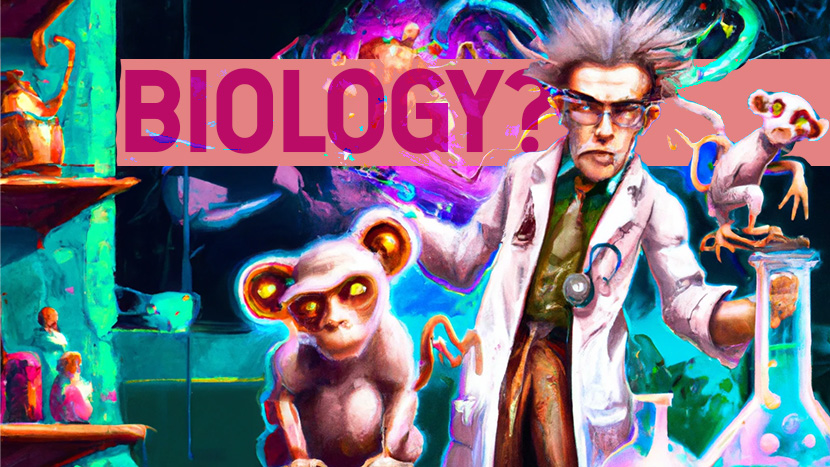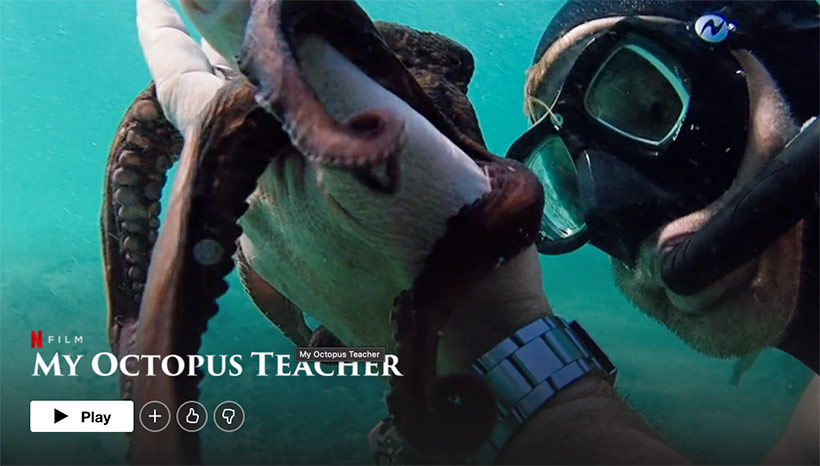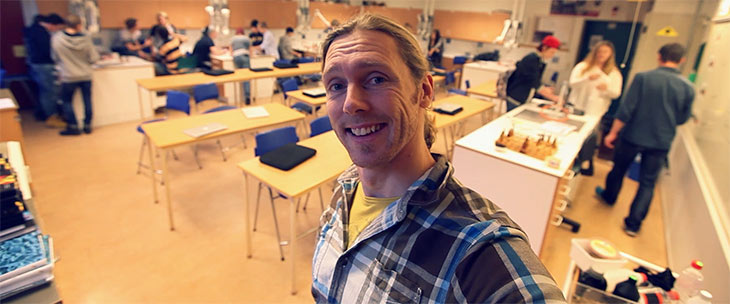What Can You Do With a Biology Degree?
The scientific study of living beings and how they interact with one another and their surroundings is referred to as biology. It impacts many elements of our day-to-day existence, ranging from the food we eat to the air we breathe. It also spans a wide variety of fields, such as genetics, evolution, ecology, and medicine. Biologists are in demand in a range of sectors, including research, healthcare, education, and environmental protection, so earning a degree in biology may open up a plethora of job prospects. This is especially the case if you have a brilliant biotech resume writing service on your side. It can help you compose the one no one can avoid. These fields include research, healthcare, and education. Earning a degree in biology may open up a wide variety of doors in terms of potential careers. Stay here until the very end of the article if you are curious about what can you do with a bachelor’s in biology.

Research
One option for those with a biology degree is to pursue a career in research. Biologists often work in labs, where they conduct experiments and analyze data to advance our understanding of biological processes. Research biologists may focus on a particular area of study, such as genetics, evolution, or ecology. These biologists may work in academic or government settings, where they may design and carry out experiments, collect and analyze data, and write and publish their findings in scientific journals. Research biologists may also work in the private sector, where they may help to develop new products or technologies or conduct them for consulting firms or pharmaceutical companies. Overall, careers in biological sciences are always a suitable option for you if you are interested in working in this particular field.
Healthcare
When it comes to jobs for biology students, another option for them is to work in healthcare. Biologists may choose to become doctors, nurses, or other medical professionals. These specialists use their knowledge of biology to diagnose and treat diseases, as well as to promote health and wellness. Biologists may also work in fields such as pharmaceuticals, where they help to develop and test new drugs. These professionals may be involved in every stage of drug development, from researching new compounds to conducting clinical trials. They may also work on the production and quality control of existing drugs or conduct market research to identify trends and unmet needs in the healthcare industry.
Education
Those who have earned a degree in biology have the option of working in education, either at the high school or the college level, as biology teachers. The next generation of scientists and healthcare professionals will benefit from the education and inspiration provided by teachers who have a strong background in biology. They could also develop and teach classes, in addition to preparing and grading students’ work and serving as mentors. Those who take pleasure in passing on their expertise and enthusiasm to others may find that a career in teaching is one of the most satisfying options available to them.

Environmental Conversation
In addition to these career paths, environmental conservation can often be among the things to do with a biology degree. Biologists may work in this field by researching the impacts of human activities on the natural world or by developing strategies to protect and restore ecosystems. These professionals may work for government agencies, non-profit organizations, or consulting firms, where they may monitor and assess the health of ecosystems, develop and implement conservation plans, and educate the public about environmental issues. Environmental biologists may also work in industries such as forestry, fishing, or agriculture, where they may help to manage resources sustainably. In addition to conducting research and implementing conservation measures, environmental biologists may also work on policy and advocacy, lobbying for the protection of natural resources and the regulation of human activities that may have negative impacts on the environment.
Business
Those who are considering a business career may also find that having a biology degree is beneficial to their efforts. Biologists may utilize their scientific knowledge and problem-solving abilities to assist businesses in a variety of ways, including the creation of new goods, the optimization of processes, and the resolution of technical issues. They could work in areas like biotechnology, where they contribute to the creation of new goods and procedures that make use of biological materials and procedures. They may also work in consulting, where they provide their knowledge and guidance to customers on a variety of topics ranging from quality control to market research. Another possible line of employment for them is research and development. A second possible career path for biologists is in the field of sales and marketing, where they might assist in the promotion and sale of goods or services associated with the field of biology or the healthcare business. So, if you were wondering about what can you do with a biology degree, we hope our suggestions will be useful.

Conclusion
Earning a degree in biology may open up a wide variety of doors in terms of potential careers. Those with a foundation in biology have the skills and knowledge necessary to make a difference in the world, and they may do so in a variety of fields, including research, healthcare, teaching, and environmental protection. Biologists play an essential part in addressing some of the most pressing challenges that humanity is currently confronted with. This is true whether they are focusing on the development of novel treatments for diseases, instructing the next generation of scientists, or working to protect and preserve the natural world
































































































